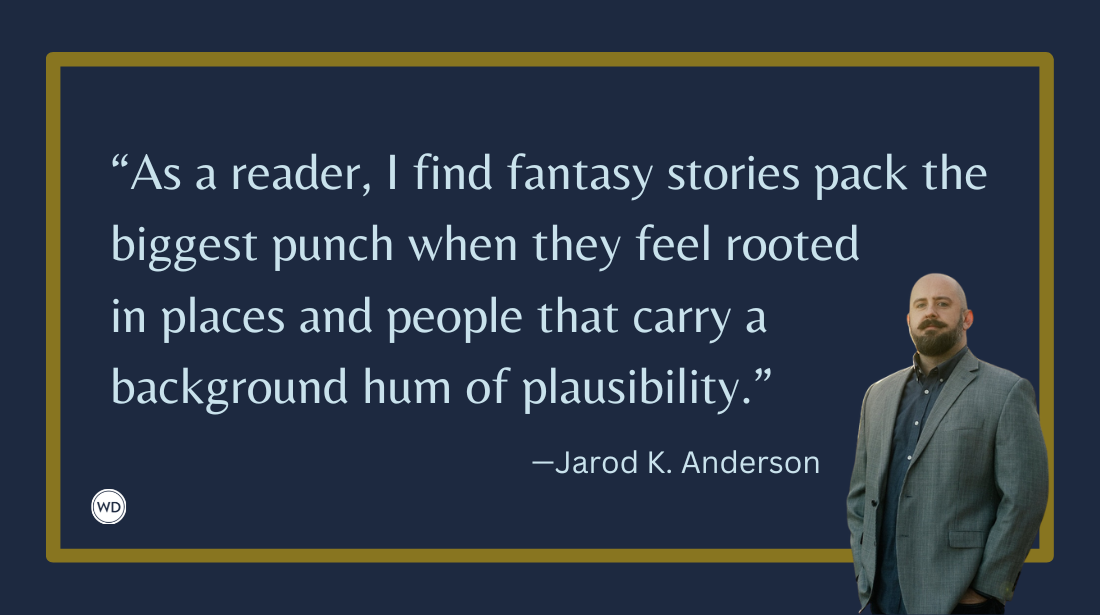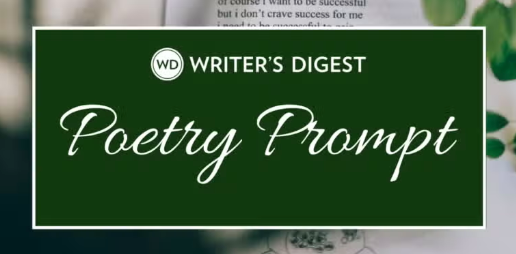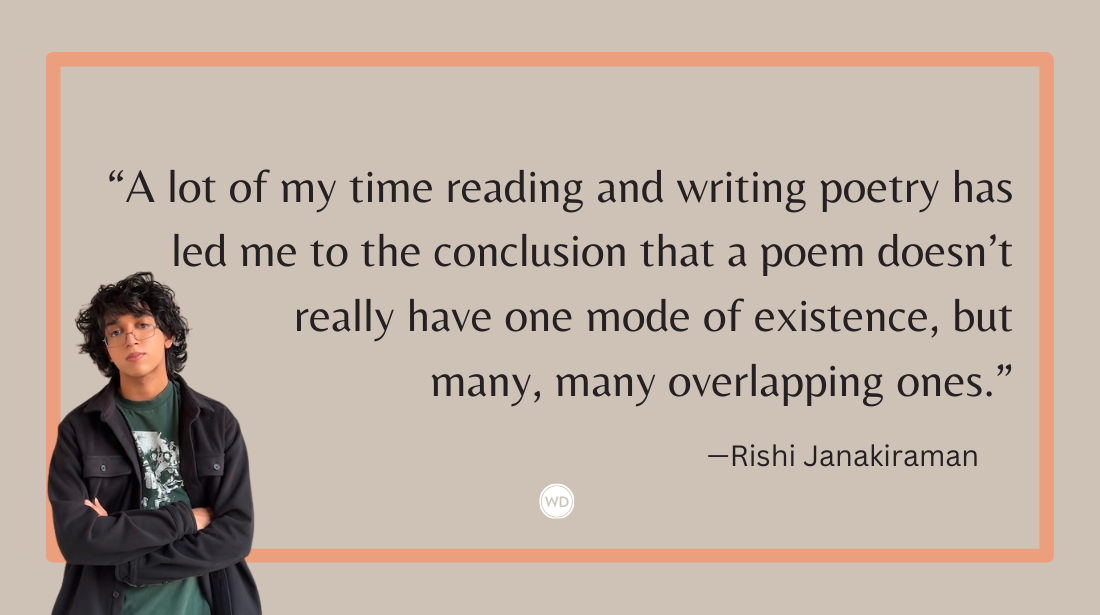Laughing Through the Tears: Toward a Poetics of Humor
Poet Jen DeGregorio discusses the nuances of writing poetry that balances between tears and a poetics of humor.
I am a poet with zero interest in athletics. Yet it is a sports columnist—Walter Wellesley “Red” Smith, who died a couple weeks before I was born—who reportedly said something about writing that resonates with me more than other aphorisms on the subject: “Writing is easy. All you do is sit down and open a vein.”
Vulnerability is part of the job: To produce artful prose and verse, we must be radically honest with both ourselves and the audience, then steel ourselves against public judgment. This is especially hard when the work plumbs the shadier corners of the psyche: our fears, untold desires, and regrets. I’m not sure how personal Smith’s sports columns got. But for us poets, the writing tends to cut close to the bone. The poems I’m drawn to—and often produce myself—explore heavy subjects. Their speakers behave badly, are treated with disregard or violence, mourn devastating losses, twist themselves into psychic knots.
Humor is one line of defense against the anxiety of confronting such difficult material—a very fine line. A creative writing professor once told me my poems seemed too much like stand-up routines, that I was using humor to avoid what needed to be said. At the time, I arrogantly (and privately) dismissed her concerns. Then a few months passed, and I looked back at the poems in question. I was mortified by how flippant they seemed. I talked about the problem with a writer friend, and she assured me that wit was part of what she loved about my poems. But she conceded there were times when the laughter masked the tears. My better work managed to balance the two.
Many of the poems I most cherish master this balancing act. Take Tracy K. Smith’s “The Museum of Obsolescence” from her Pulitzer Prize-winning collection Life on Mars. The lyric conjures a post-apocalyptic tourist attraction: a gallery filled with money, oil, and even “a living man” on display. In the future-world of the poem, these “naïve tools,” as Smith puts it, have become artifacts of a bygone era. I smiled the first time I read the poem, tickled by the inventiveness of Smith’s conceit, the deft way her lines lampoon human short-sightedness and narcissism. Soon, though, my smile faded. I realized that the face reflected in the “mirror” on view in Smith’s museum was, in fact, my own. The poem forced me to consider my own mortality, the certain disappearance of everything I love and hold dear. Percy Bysshe Shelley’s “Ozymandias” has a similar effect on a reader. In the canonical Romantic poem, a traveler reads the bombastic words of a once-powerful king, whose realm has become a ruin: “Look on my Works, ye Mighty, and despair!”
Both Smith’s and Shelley’s poems hinge on irony, revealing how contemporary concerns are rendered meaningless by the vastness of time. Irony is a classic comedic device, yet “Ozymandias” does not provoke any grins. Why does “The Museum of Obsolescence”? Smith utilizes sarcasm and absurdity, too; her imagery is rooted in pop culture rather than classicism. She offers us a vendor hawking t-shirts outside a building where visitors are dumbfounded by the basic elements of life as we live it now; even “Love”—that poetic ideal—is peculiar in Smith’s future. The reader is so charmed by Smith’s cleverness that she hardly notices being prompted to contemplate death and the meaning of life. Shelley sort of beats the reader over the head with his Important Message.
Absurdity and sarcasm are at the heart of another poem I love: Matthew Olzmann’s “My Invisible Horse and the Speed of Human Decency.” The poem is more concerned with linguistics than Smith’s poem, interrogating the strangeness of the English idiom “Don’t put the cart before the horse.” The poem begins sarcastically, pointing out the absurdity of the phrase:
If ever, I happen to obtain a Clydesdale,
then I’ll align, absolutely, it to its proper position
in relation to the cart, but I can’t
do that because all I have is the cart.
Calling the cart “a little grief wagon,” the speaker proceeds to explain what grieves him: the unrealized desire for “[a] more tender world / with less hatred strutting the streets. / Perhaps a downtick in state-sanctioned violence.” The speaker understands how Pollyannish his wish may seem: “LOL, says the world.” Yet he clings to it. The “invisible horse,” maybe a metaphor for hope, becomes ever more real to him over the course of the poem. By the final lines, the speaker’s sarcasm has fallen away, and he is “speaking softly” into the horse’s “missing ear.” The poem offers some metacommentary on the way humor can function as a defense mechanism, hardening us against the pain of loss and turning us cynical in the process. Olzmann blends this self-aware comedy with open-hearted lyricism to touching effect.
Both Smith and Olzmann use wit to bring unwieldy existential ideas down to size for the reader. Maybe the ultimate witty poem is Philip Larkin’s “This Be the Verse.” Unlike Smith and Olzmann, though, Larkin’s wit suffuses both the content and form of his poem; his lines are also much sharper, more cutting. His sing-songy lines have the sound of a nursery rhyme. Yet the poem is decidedly not child-friendly, laced with profanity and an anti-authoritarian attitude: “They fuck you up, your mum and dad,” the poem begins. The humor lies in this scalding juxtaposition of juvenile music and mature, taboo speech. What saves the poem from merely registering as a sick joke, however, is the shift that occurs in the poem’s third and final stanza. The chirpy tone falls off a cliff as Larkin drops his broader thesis: “Man hands on misery to man. / It deepens like a coastal shelf.”
The bleak proclamation about humanity’s doomed condition, paired with the archetypal image of oceanic depths, pulls the rug out from under the amused reader, forcing them to confront the reality of intergenerational trauma. Sylvia Plath’s “Daddy”—not exactly a knee-slapper—exploits a similar tension between form and content, deploying nursery-like rhymes to dramatize the horror of a daughter’s collision with patriarchal monstrosity.
“Tell all the truth but tell it slant,” Emily Dickinson famously advised. Truth’s profundity, she contends, is too powerful for human vision to perceive head on. It is “Too bright,” like “Lightning,” threatening to “blind” all who look upon it directly. This feels particularly apt when navigating life’s most shameful corners—its inevitable transgressions, betrayals, and disillusionments. Humor, when wielded carefully, can offer a filter through which we might survive a glance.






